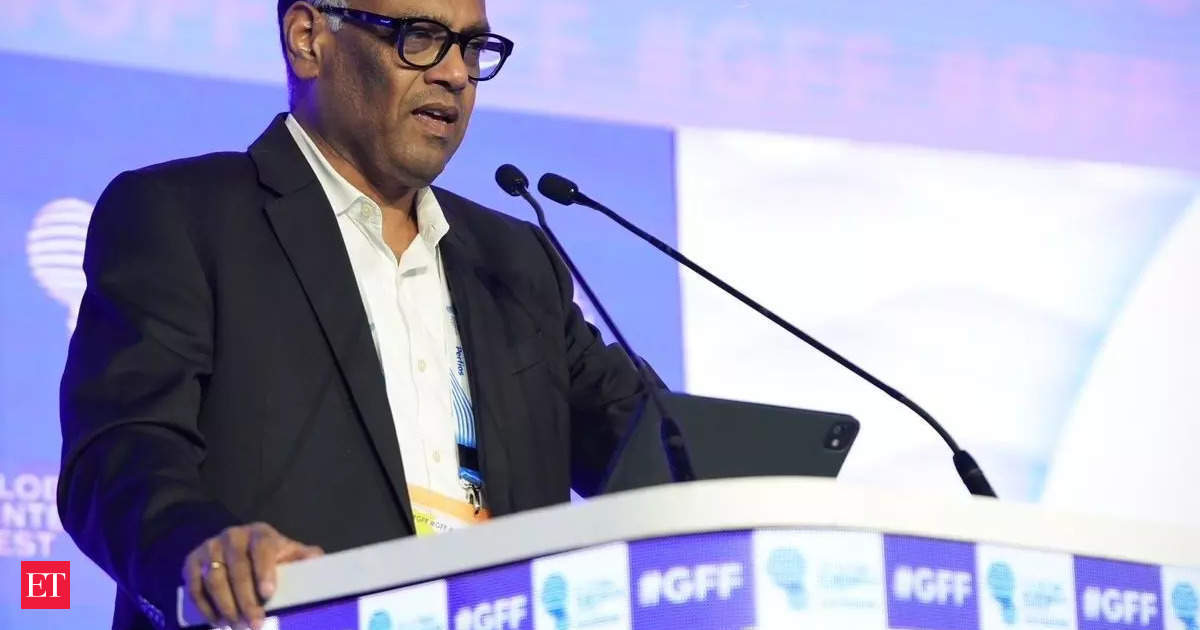He said the fintech sector faced challenges in terms of trust and integrity as it was not regulated by a regulatory body. He added that it was a relatively new industry and it would take time for people to trust it.
“We need to ensure that the sector grows in a responsible manner and has the trust of everyone. It needs to meet commercial and social objectives. It is difficult because financial security derives trust from the fact that it is licensed and regulated. Fintech is not licensed or regulated by a regulator. This makes it difficult to prove that it behaves responsibly and invokes public trust. Another factor is history. Fintech does not have a track record of being trustworthy. This develops over time,” Sankar said.
The RBI deputy governor added that the fintech sector had to become a partnership between public and private players as the public sector had the infrastructure to develop products while private players had the innovation and access to take the products to remote parts of the country.
“Fintechs or technological innovators are and will continue to transform the world. financial ecosystem“What we have seen so far is just the tip of the iceberg,” he said.
“India’s commitment to the fintech sector is very clear. I define it as the Indian model of digital modernization. In India, we create basic digital public infrastructure, we enable access to the private sector so that they can innovate and create products and take them to every corner of the country. The public sector is not as effective in innovation as the private sector,” Sankar added.
Talking about the growth and success of UPI TransactionsSankar said, “UPI transactions have increased to over 460 million in the last one year. New instruments have arrived, CBDC “Opportunities are increasing. The fintech sector continues to have room for growth.”
“The transactions translate to 0.3 transactions per person per day. Mpesa transactions in a day are 1.5 per person per day. That shows the scope for growth in the sector,” Sankar said, indicating that growth is required in the system. He said SROs had a key role to play for the fintech sector to move forward. He added that competition was necessary for the sector to grow in a fair manner.
“SROs have a role to play in this. They should work consciously and consistently to create favourable competition. They should work consistently to create favourable conditions for competition. There is a need for effective and efficient markets. One important indicator of the market is price. The asset of the fintech sector is cost efficiency, another is faster delivery. Cost efficiency should be driven by technology and not by the ability to bear losses,” Sankar said.
New technologies have business strategists who are radically different from traditional companies. The SRO has to ensure that such strategists do not drive out the competition. The SRO can play a role in removing inefficiencies in financial markets through the use of technology, Sankar said at the festival.
He said that we need to have more players than just banks, better technology and a new process to ensure that cross-border digital transactions are done smoothly. “A lot of the inefficiencies exist because there is no technology and therefore the removal of such inefficiencies lies with Fintechs and a Fintech SRO should be able to guide the sector in identifying such inefficiencies and removing them,” Sankar added.
Sankar said SROs need to focus on delivering value to consumers. The fintech sector has emerged as a positive disruptive force as it delivers value to consumers, but many practices are like dark patterns. SROs need to identify these practices early and raise awareness in the industry. Many practices may not be obvious and some may be justified as delivering value.
According to Sankar, it is the responsibility of the SRO to ensure that the fintech sector earns trust by treating customers fairly. This also includes pre- and post-sale interaction. Advertising should be truthful and avoid misleading consumers. The SRO should ensure this. “The motto should be to leverage technology, do business with integrity and ensure that the customer is not harmed in the process,” Sankar said.
Focusing further on the role of SROs, Sankar emphasised that they should facilitate honest, two-way communication between the regulator and the industry. “Regulators should rely on the assessment of companies for feedback. Sometimes regulatory actions require adjustments in the way the fintech sector works. This can create some friction in the industry. Over time, these things settle down, but the process can be smoother and faster if the industry is made aware that measures sometimes involve inconveniences, but we need to do it and SROs need to make sure that happens,” he added.
As technology and services evolve rapidly, the regulatory perimeter needs to be adjusted quickly. While regulations can make things difficult for the fintech SEC, it can be made simpler through proper communication that the SRO can establish for all stakeholders in the ecosystem.
“While the fintech sector is young, SROs are necessary. As one matures, that should be reflected in the way one conducts oneself. We have started with one SRO, we may have more in the future and coordination across all stakeholders is important,” Sankar said.
Disclaimer:
The information contained in this post is for general information purposes only. We make no representations or warranties of any kind, express or implied, about the completeness, accuracy, reliability, suitability or availability with respect to the website or the information, products, services, or related graphics contained on the post for any purpose.
We respect the intellectual property rights of content creators. If you are the owner of any material featured on our website and have concerns about its use, please contact us. We are committed to addressing any copyright issues promptly and will remove any material within 2 days of receiving a request from the rightful owner.

